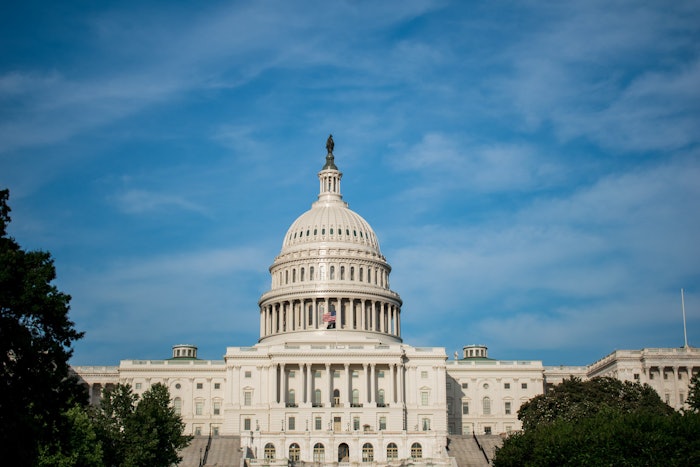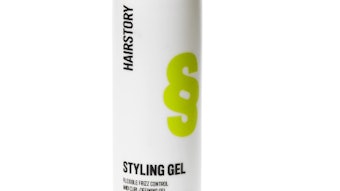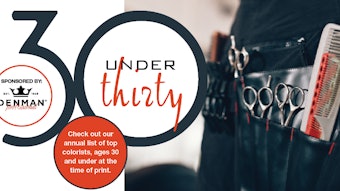
Less than half of all states remain in legislative session as we move into summer. Bills that have passed are now headed to the state governor to be signed into law. Below are a few pieces of legislation that have passed during the 2021 state legislative session and have been signed into law.
Mobile salons continue to be a topic of interest across the states, especially after the shut down of establishments resulting from COVID regulations. Alabama House Bill 274, sponsored by Representative Barbara Drummond, passed and was signed by Governor Kay Ivey. This measure would authorize the board to regulate and license mobile salons in the state and would require the board to adopt any necessary rules related to that licensure and regulation.
HB 274 provides that beginning January 1, 2022, the board may issue a license for the operation of a mobile salon to an applicant who submits an application on a form approved by the board, pays required fees as determined by rule of the board. The board will also establish fees and minimum specifications for the facilities, technical equipment, environment, supplies, personnel, operation, ownership, and procedures for the operation of mobile salons. The measure updates the definition of a shop, which is any place where barbering or cosmetology is practiced including, but not limited to, a mobile salon. Only a properly licensed person, who is not an apprentice or a student, may operate a shop.
More states are looking to streamline the process for individuals authorized to work in the United States. Arkansas House Bill 1725, sponsored by Representative Clint Penzo, passed and was signed by Governor Asa Hutchinson. This measure allows the occupational licensing of a person with a “work permit.” This measure states that an occupational or professional licensing entity must grant an occupational or professional license to an individual who fulfills the requirements and is a person who holds a Federal Form I-766 United States Citizenship and Immigration Services-issued Employment Authorization Document, known popularly as a “work permit.”
Streamlining continues with legislation that combines the barbering board with the cosmetology board and reduces hour requirements for both professions. Arizona House Bill 2029, sponsored by Representative John Kavanagh, passed and was signed by Governor Doug Ducey. This measure consolidates the barbering and cosmetology boards into one Board, decreases the required number of instruction hours in a licensed barbering school to 1,200 hours, rather than 1,500 hours, and decreases the requirement to be licensed as a cosmetologist to a person who is a graduate of a cosmetology course consisting of at least 1,500 hundred hours of training, rather than 1,600 hours.
In an effort to provide another form of relief to licensed professionals, many states are temporarily waiving fees. California Senate Bill 94, sponsored by Senator Nancy Skinner, passed and was signed by Governor Gavin Newsom. This measure provides fee waivers for licensees of the State Board of Barbering and Cosmetology (Board). SB 94 provides that the Board will be prohibited from seeking to collect, and licensees will be exempt from paying, renewal fees for licenses expiring on or after January 1, 2021, and before January 1, 2023. If a licensee pays their renewal fee, the Board will be prohibited from collecting the renewal fee for the subsequent renewal period. These provisions would be repealed on January 1, 2025.
Reducing regulations or reworking regulations for different scopes of practice are also being considered this legislative session. Indiana Senate Bill 361, sponsored by Senator Liz Brown, passed and was signed by Governor Eric Holcomb. This measure requires the executive board of the state department of health to adopt reasonable rules to ensure the sanitary operation of facilities where eyelash extensions are applied. SB 361 specifies that the rules must establish training and certification requirements for individuals applying eyelash extensions for members of the public. This legislation exempts the application of eyelash extensions from the law regulating cosmetology.
To learn more about your state’s legislative session, session dates, and bills visit the following sites.
Congress.Gov State Legislature Websites
https://www.congress.gov/state-legislature-websites
National Conference of State Legislatures
2021 State Legislative Session Calendar
https://www.ncsl.org/research/about-state-legislatures/2021-state-legislative-session-calendar.aspx
STATESCAPE Legislature Links
https://www.statescape.com/resources/legislative/legislature-links/











